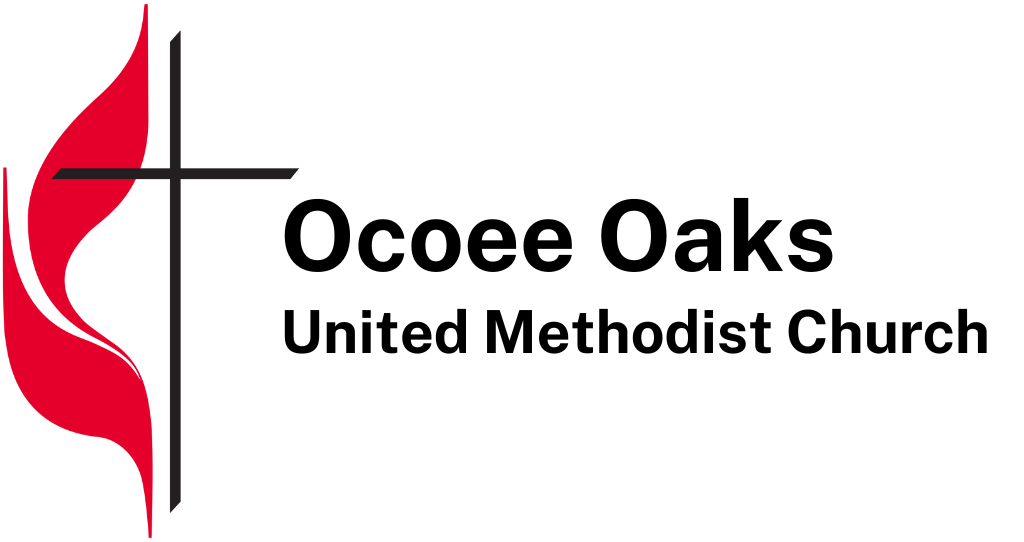Embrace Widely - A Deeper Dive
Part 4 of wesleyan Rooted
Scripture: Luke 15:20-24
Message Summary
We continue our five-part sermon series Wesleyan Rooted with Part 4 and the parable of the Prodigal Son. A common theme in Jesus’ ministry was the importance of embracing others with grace and unconditional love, just as God embraces us despite our flaws. God's love pursues us relentlessly, and we, in turn, should extend that grace to others.
We seek, as Wesleyans, to love others as we have been loved in Christ. We acknowledge that not all people think alike but believe all can love alike. We are called to be a people of wide embrace. Our love of the “other” is rooted in God’s love for us.
You can find a link to the full video of this week’s message below. Here are some of the key points:
The significance of hugs - For most of us, giving a hug is a cultural norm. Hugging is something that we do at some of our most joyful moments and some of our most devastating moments. In theologian Miroslav Volf's book 'Exclusion and Embrace,' he describes the embrace as having a fourfold rhythm: “opening the arms, waiting, closing the arms, and opening them again.” Each moment of the embrace symbolizes the elements of our relationships with others.
The Prodigal Son parable - This familiar parable is rich with lessons and cultural nuance. There is the cultural context and great significance associated with the son's request for inheritance, his wasteful spending, and his eventual return home out of desperation rather than remorse. The father responds to his son’s return with undignified yet compassionate actions, such as running to embrace his son and restoring his status as a son with a robe, ring, and sandals.
God’s relentless love - The parable also illustrates God's relentless love, which pursues us even before we can express remorse. No matter our mistakes, nothing can separate us from God's love.
“38 For I am convinced that neither death nor life, neither angels nor demons, neither the present nor the future, nor any powers, 39 neither height nor depth, nor anything else in all creation, will be able to separate us from the love of God that is in Christ Jesus our Lord”
Grace as the currency of relationships - Sometimes, we treat relationships as built on rules and transactions; if I treat others well, they will treat me well. Perhaps we should view grace as the true currency of relationships. There is transformative power when we put aside resentment and extend grace and forgiveness to others.
Love as the quickest means to God - Loving others without conditions is the quickest means to connect with God, and grace is the currency of all relationships.
The lesson of the older brother
Those familiar with the parable of the Prodigal Son probably realize that our scripture reading this week stops short of telling the whole story. Verses 25 - 32 tell us about the older brother and his reaction to the grace shown to his younger brother.
The older brother plays a crucial yet often overlooked role. While the focus is typically on the younger, wayward son who squanders his inheritance and returns home seeking forgiveness, the older brother represents a different, more subtle spiritual challenge.
When his younger sibling returns and is warmly welcomed with a celebration, the older brother becomes angry and resentful. He feels overlooked and unappreciated, pointing out that he has never received such honor despite his years of loyalty. His frustration stems from a sense of fairness and justice, but he is blind to his father's generosity and grace.
This part of the parable challenges us to examine our own attitudes toward grace and forgiveness, reminding us that God's love is not based on merit but freely given to all. It’s an invitation to rejoice in the blessings and restoration of others and to recognize our own need for grace.
